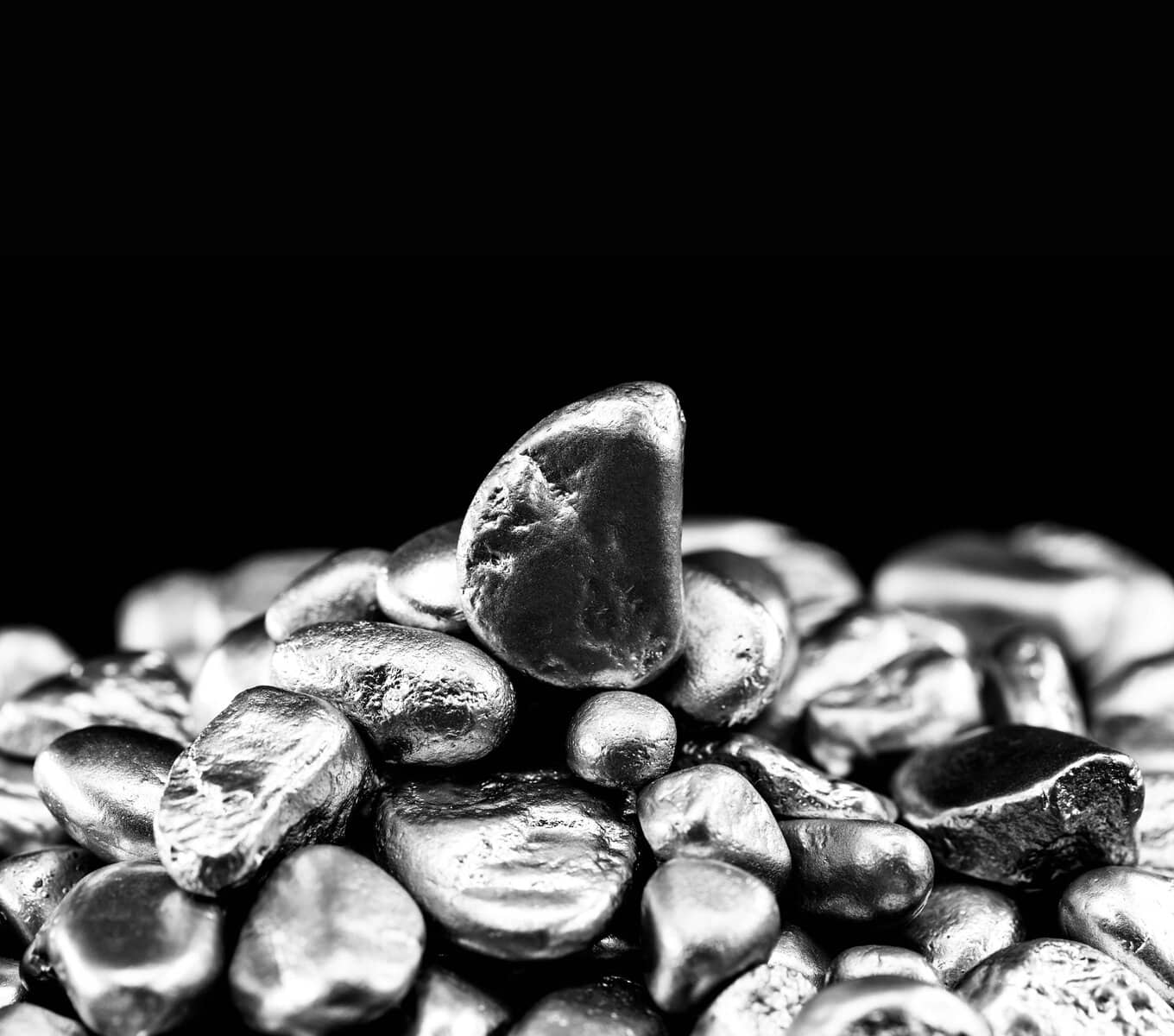
BHP (ASX: BHP) will temporarily suspend WA nickel operations citing the global oversupply of nickel.
Despite significant capital investments since FY20, BHP states they have not been able to overcome the sharp decline in nickel prices driven by increased international competition and reduced demand.
BHP intends to review the temporary suspension by February 2027.
The transition period will commence from July 2024, with operations to be suspended in October and handover activities for temporary suspension completed by December this year.
During the transition, BHP will suspend mining and processing operations at the Kwinana nickel refinery, Kalgoorlie nickel smelter and Mt Keith and Leinster operations and the development of the West Musgrave project.
The company will implement a care and maintenance program of work to ensure the ongoing safety and integrity of its mines and related infrastructure.
Additionally, BHP will continue to invest in exploration to extend the resource life of WA nickel and preserve optionality.
All nickel frontline employees will be offered another role within BHP or the choice of a redundancy. BHP will also establish a $20m Community Fund to support local communities during the temporary suspension.

Challenges for nickel
London Metals Exchange (LME) benchmark nickel prices have fallen considerably since 2023 as both the supply of nickel from Indonesia significantly increased and the LME began accepting Indonesian-origin nickel products.
The LME nickel price is hovering at around $24,000/t (US$16,000) coming down almost 50% from the $44,000/t (US$30,000) it was trading at early 2023, with the price drop attributed to increased international competition and reduced demand.
This has created a significant global surplus in nickel. The International Nickel Study Group expects the nickel surplus to continue to grow, citing surpluses of 98kt in 2022, 163kt in 2023 and 109kt in 2024.
The Federal Government attempted to combat these unfavourable factors by placing nickel on the Critical Minerals List in February 2024. The move was intended to give WA nickel companies opportunity to access billions of dollars in Federal funding.
Despite this, WA nickel miners have found it difficult to compete with international mining jurisdictions that have significantly lower environment, social and governance standards. In addition to these unfavourable conditions, capital costs for WA nickel have continued to increase due to inflation.
BHP’s previous efforts
Since FY20, BHP has invested approximately $4.4b (US$3b) to sustain WA nickel as an ongoing business and to reorient its production to the battery and electric vehicle market.
This includes establishing Australia’s first nickel sulphate plant to enhance downstream infrastructure, building two new mines and investing in the development of two solar farms and battery storage.
WA nickel has recorded negative cash flow every year since FY20. WA nickel is expected to report an underlying EBITDA loss of about $450m (US$300m) in FY24.
BHP Australia president Geraldine Slattery says the company has explored options to stem losses in the short-term and identify a viable path forward following its review of WA nickel in February.
“Like others in the Australian nickel sector, we have not been able to overcome the substantial economic challenges driven by a global oversupply of nickel,” she said.
The WA Chamber of Minerals and Energy (CME) chief executive Rebecca Tomkinson says BHP’s decision to temporarily suspend its WA nickel business is disappointing but responsible given the difficult market conditions facing WA nickel producers.
“This is a challenging time for our critical minerals sector and we’re committed to working closely with State and Federal Governments to ensure our policy settings remain competitive, enabling the industry’s viability across all time horizons – short, medium and longer-term,” she said.
“BHP is a significant employer in WA with strong ties to the local communities of Leinster, Leonora, Kalgoorlie and Kambalda.
“I know this decision comes after months of operational review and careful consideration of options. It has not been made lightly.
“We are fortunate right now that the WA minerals sector remains vibrant, so workers impacted by this decision are in a good position to secure work elsewhere in resources.
“But we cannot become complacent. We must continue to keep WA mining strong by having a robust and efficient legislative framework in place that fosters future development.
Investing in WA
Over the next five years, BHP plans to invest more than $12b in WA, working alongside State stakeholders including the WA Government.
BHP will invest about $450m (US$300m) per annum to enable a restart if the market outlook improves during the transition period.
Noting BHP’s commitment to redeploying frontline workers and the establishment of the $20m community fund, the WA Government has measures in place to assist workers who need support in finding alternative employment, including upskilling or reskilling.
BHP says the company is committed to supporting the WA and Federal Governments’ strategies to diversify the WA economy.
“We will continue to work with the WA Government to evaluate land and services for the Electric Smelting Furnace (ESF) pilot plant in Kwinana, including a site adjacent to the Nickel West refinery,” said BHP in a statement.
“We will also commit $5m toward supporting 30 Goldfields-based apprenticeships in the building and construction industry through the WA Government’s GTO wage subsidy program.”
WA Premier Roger Cook says these are important projects that will help push WA to the forefront of the global green steel and critical minerals processing industries.
“I welcome BHP’s commitments today to supporting that work, through investing in our Critical Minerals Advanced Processing Facility and kickstarting work on a green steel industry in Kwinana,” he said.
BHP will provide additional funding towards the WA Government’s proposed Critical Minerals Advanced Processing Facility, building on a $100m State Government investment.
BHP will also make its refinery resources and expertise available for critical minerals research, in partnership with Curtin University, to support the WA Government’s Battery and Critical Minerals Strategy during the temporary suspension.







